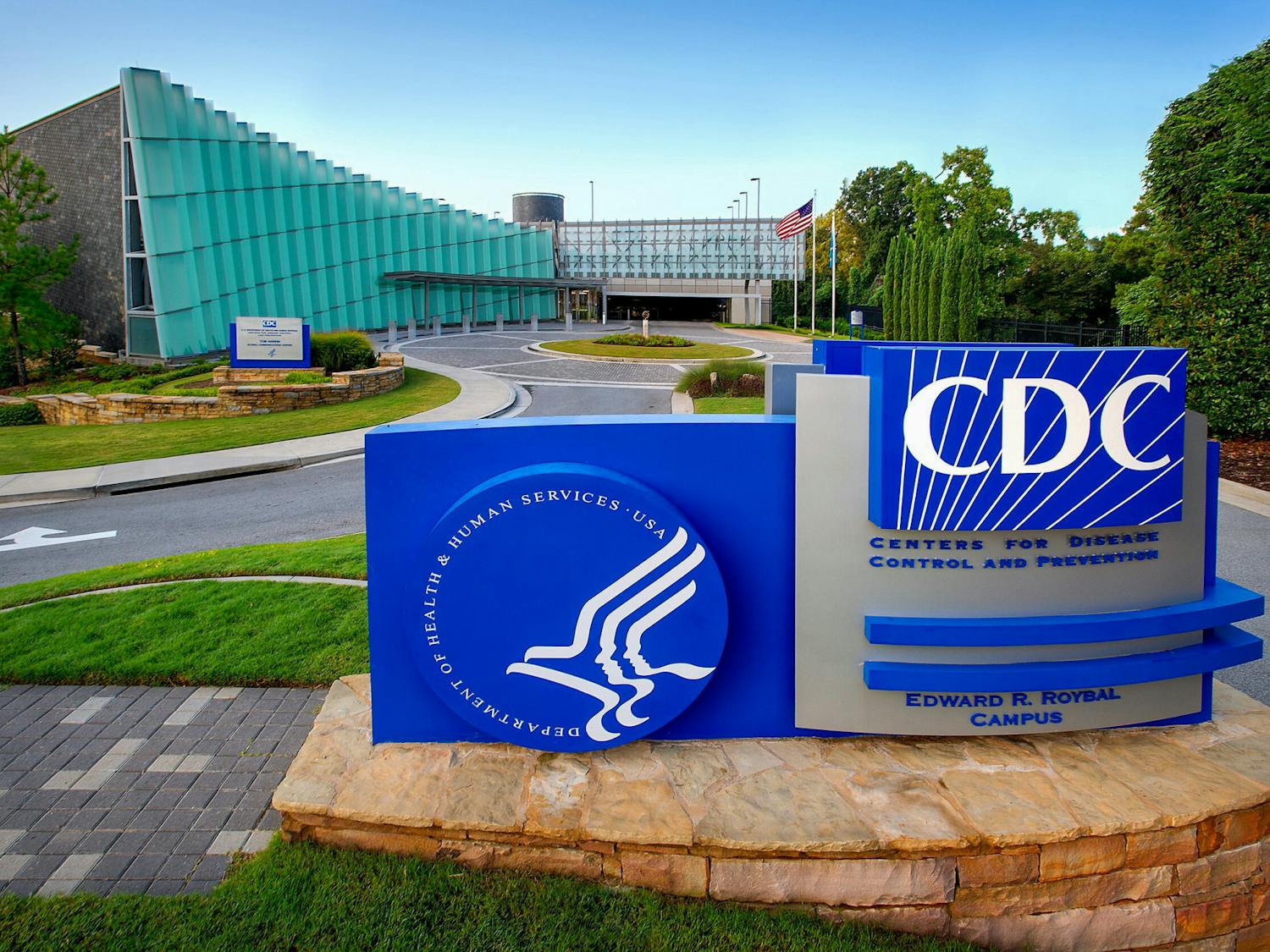Emeritus Board of Trustees member and 1962 College graduate Paul K. Kelly, who transformed the Kelly Writers House, died earlier this month due to complications from COVID-19.
KWH Faculty Director Al Filreis announced Kelly’s death in an email to the KWH community on March 8. Kelly, who was 81 years old, funded the renovation of the KWH building and donated to the KWH annually, allowing it to offer students project grants and create an endowed professorship. Kelly remained involved with the organization after his tenure on the Board of Trustees from 1997-2010, visiting often and finding new ways to support the KWH community and broaden its reach.
“For those of us in the [KWH] community especially, it is nearly inconceivable that a person of such vitality, such dynamic intellectual energy and enthusiasm — whose many (and more or less constant) venturesome ideas sought to make [KWH] better and more responsive as a space and an organization — could possibly now be still,” Filreis wrote.
Kelly discovered the KWH in 1996 while he was working with the administration to establish a new project that could positively impact people from all corners of the Penn community. After his initial visit, Kelly pledged to make a contribution that would transform the house, which was built in 1851.
In 1997, Kelly funded the renovation of the building, which would later be named the Kelly Writers House, in honor of his parents. Kelly and his wife, Nancy Kelly, later helped the KWH expand physically, creating a two-story addition on the back of the house named the "Kelly Family Annex" for their children and grandchildren in 2014.
KWH Director Jessica Lowenthal said in an interview that Kelly’s contribution to KWH extended beyond financial investment. Kelly, who served as chair of the KHW Advisory Board, was a supportive presence, and he saw value in creating a space for students to find community with each other on campus, she said.
“Everyone at the [KWH] felt Paul’s presence, whether or not they knew it,” Lowenthal said.
In 1999, Kelly proposed and funded the KWH Fellows program, which invites three acclaimed authors to host a reading and discussion on their work for a seminar of undergraduate students each spring. Visiting authors have included Susan Sontag, Joyce Carol Oates, and John Ashbery.
RELATED:
Penn Law announces three full tuition scholarships honoring first Black woman graduate
Former School of Veterinary Medicine Dean Robert Marshak dies at 97
Three years later, Kelly made a donation of $3 million to Penn, which helped establish an endowed fund to create a chaired professorship in the English Department. Filreis has held the Kelly Family Professorship since its establishment.
Kelly also made donations to establish the Faculty Director's Discretionary Fund, which allows Filreis to provide students with grants to support ideas for magazines, writing projects, and travel. Kelly has supported the development of webcasts and the creation of an online archive of recordings of seminars and workshops, Filreis said in an interview.
While serving on the board's finance committee, Kelly was involved in an initiative to support undergraduate financial aid through a fund-matching program, where individuals contributed money in proportion to other donors, Filreis said.
Kelly was president and chief executive officer of Knox & Company, an investment banking firm. He also served as chair for the advisory board of the Huntsman Program in International Studies and Business, and as a member of the Penn Arts and Sciences Board of Overseers and the Athletics Board of Overseers.
Filreis said that Kelly was a close friend, adding that he often received advice from Kelly about the operations of KWH.
“He was very interested in what students were doing, and he cared a lot about the future of the [KWH],” Filreis said. “It’s a great loss, personal loss.”









